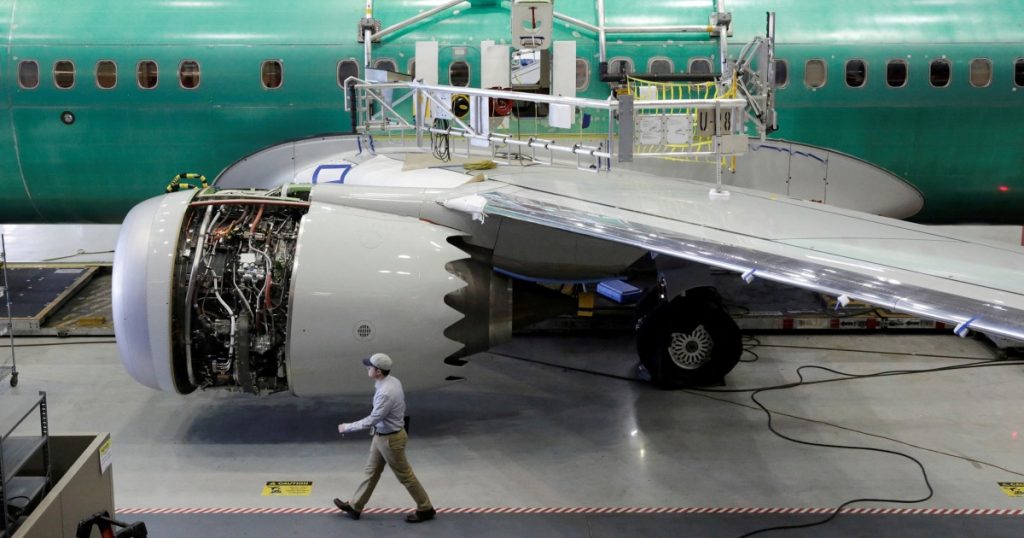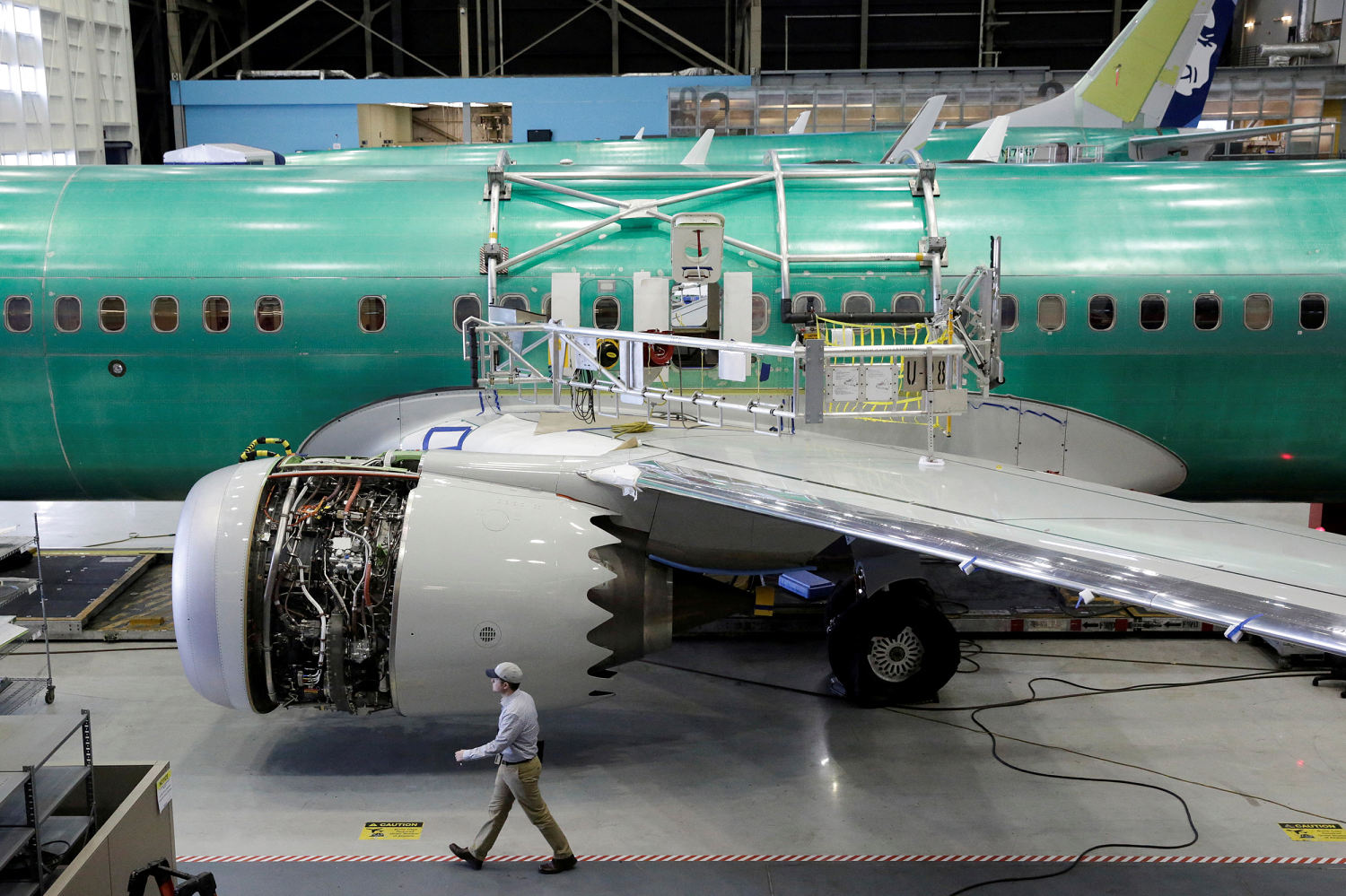

A new report by federal safety experts found major issues with Boeing’s safety culture — including a “disconnect” between senior management and other employees, and a fear of retaliation when reporting safety concerns.
The report released Monday had been requested by Congress and was completed by a panel of experts that convened in March 2023.
The report found “gaps in Boeing’s safety journey” and described the safety culture as “inadequate” and “confusing.”
While the experts didn’t look specifically into Boeing incidents, they investigated the broader safety standards in the wake of two fatal 737 Max 8 crashes in 2018 and 2019 and years of headline-making issues.
Concerns were renewed when a Boeing-manufactured Alaska Airlines plane door panel blew out midair over Portland on Jan. 5, forcing an emergency landing.
A review of thousands of Boeing documents and over 250 interviews with employees found that not all employees understood the company’s safety management systems.
There was also “employee confusion” among different work sites and groups due to “complex” and constantly-changing procedures and training.
The panel also found that after a restructuring at the company’s Organization Designation Authorization unit, a program in which the FAA delegates powers to some company employees, the chances of interference or retaliation had “decreased” but still persisted, “particularly with regards to salary and furlough ranking.”
The report found a “hesitation in reporting safety concerns for fear of retaliation” because managers could potentially investigate safety reports within their own reporting chain, meaning the process isn’t fully impartial.
Further, the report identified a lack of a consistent and clear safety reporting channels in the business unit and said employees were not always informed of their report outcomes. The panel was concerned that confusion about reporting systems “may discourage employees from submitting safety concerns.”
The panel also found issues that affect aviation safety including “inadequate human factors” and a lack of pilot input in aircraft design and operation.
Overall, the panel listed 27 findings and 53 recommendations, which the FAA said it will thoroughly review.
“We will continue to hold Boeing to the highest standard of safety and will work to ensure the company comprehensively addresses these recommendations,” the FAA said Monday.
Boeing said it supported the panel’s review.
“We’ve taken important steps to foster a safety culture that empowers and encourages all employees to share their voice. But there is more work to do,” the company said in a statement. “We will carefully review the panel’s assessment and learn from their findings, as we continue our comprehensive efforts to improve our safety and quality programs.”
Boeing has made several changes since 2019 to improve product safety, including establishing an aerospace safety committee in August 2019 and a chief aerospace safety office in January 2021, implementing a safety management system in 2019 and establishing a dedicated Organization Designation Authorization (ODA) Ombudsperson in June 2022. The ODA “oversees and ensures consistency of the FAA’s oversight program,” according to its website.

 Latest Breaking News Online News Portal
Latest Breaking News Online News Portal




